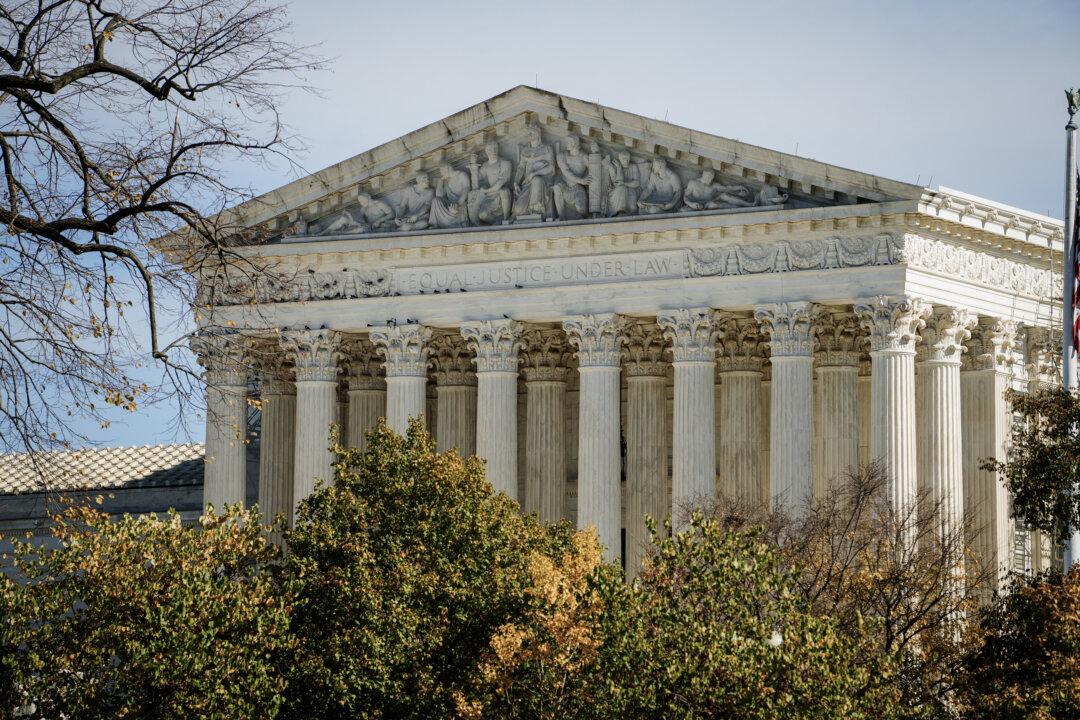The Supreme Court has been urged to take up a case challenging the elimination of religious exemptions to school vaccine mandates in Connecticut.
The group We the Patriots USA filed a petition on Dec. 11, asking the nation’s top court to review rulings by federal district court and appeals court judges against their challenge.





